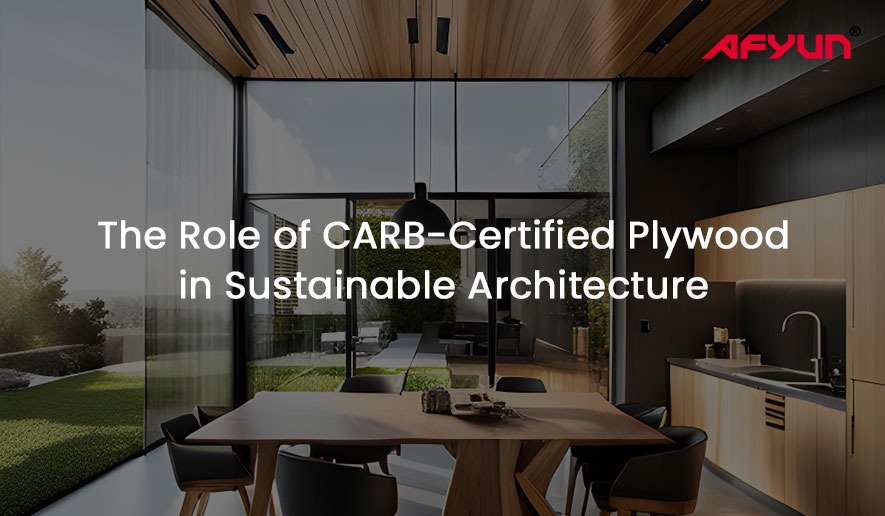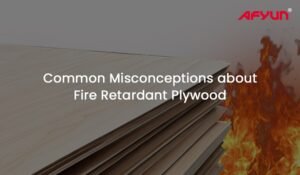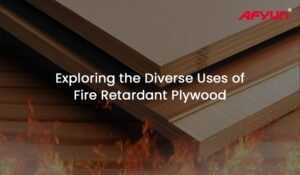In the pursuit of sustainable architecture, innovative materials are coming into the picture.
One such material that has gained prominence is CARB (California Air Resources Board) certified plywood.
This engineered wood product not only offers superior performance but also plays a pivotal role in promoting sustainability within the construction industry.
Let’s see how CARB-certified plywood helps with sustainability.
Understanding CARB-Certified Plywood
CARB certified plywood is a type of plywood that adheres to strict emissions standards set by the California Air Resources Board.
This regulatory agency focuses on controlling and reducing formaldehyde emissions from composite wood products, including plywood.
Formaldehyde, a volatile organic compound (VOC), is commonly used in the production of wood adhesives and can have adverse health and environmental effects.
Contributions to Sustainable Architecture
- Reduced Emissions
CARB-certified plywood aids in the reduction of indoor air pollution, creating healthier living and working environments.
This aligns with the principles of sustainable architecture, which emphasize the well-being of occupants and the integration of structures with their surroundings.
- Resource Efficiency
Plywood is an engineered wood product made by layering thin sheets of wood veneer, creating a strong and versatile material.
It maximizes the use of wood resources by utilizing smaller trees and wood scraps that might otherwise be discarded.
This resource efficiency reduces the demand for solid wood from old-growth forests.
- Energy Efficiency
The production of CARB-certified plywood typically requires less energy compared to traditional construction materials like concrete or steel.
Additionally, plywood’s lightweight nature facilitates easier transportation and installation, further reducing energy consumption during construction.
- Renewability
Wood, the primary component of plywood, is a renewable resource when harvested sustainably.
Responsible forest management practices, such as reforestation and selective harvesting, ensure that the ecosystems are preserved and that the resource remains available for future generations.
- Carbon Sequestration
Wood products, including plywood, store carbon absorbed from the atmosphere during the growth of the trees.
By using CARB-certified plywood, architects and builders can indirectly contribute to carbon sequestration, helping mitigate the impacts of climate change.
- Versatility and Aesthetics
CARB-certified plywood can be used in a variety of architectural applications, ranging from structural elements to interior finishes. Its aesthetic appeal and adaptability make it a preferred choice for creating sustainable, visually pleasing spaces.
Conclusion
CARB-certified plywood stands as a testament to the significant strides being made in sustainable architecture. By addressing indoor air quality concerns, minimizing emissions, utilizing renewable resources, and contributing to energy efficiency, this innovative material exemplifies the marriage of design and environmental responsibility.
You can check out high-quality CARB-certified plywood at Afyun. What’s more, our range includes different types of plywood as well including Gurjan Plywood, Marine Plywood, Calibrated Plywood, Waterproof Plywood, and more. These types of plywood cater to different needs and requirements.










